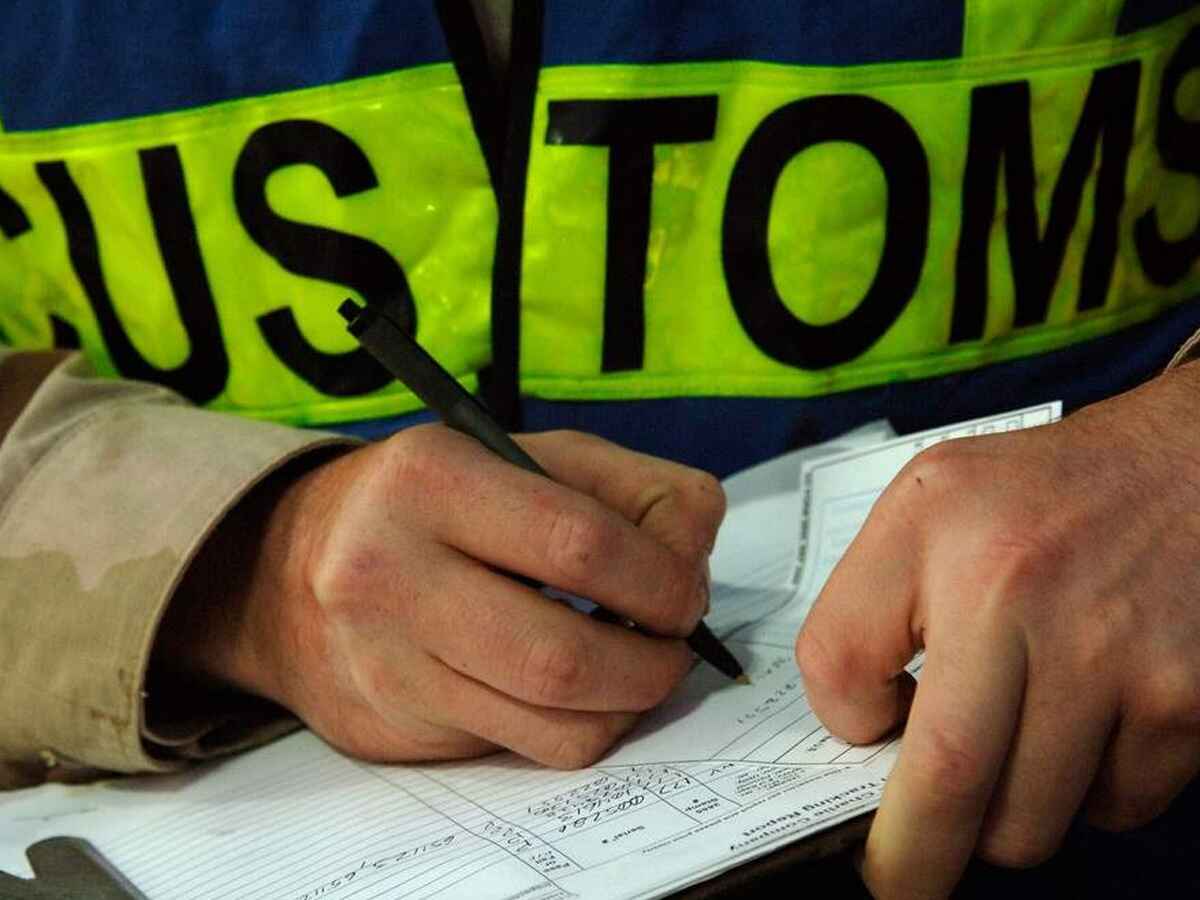
Top Documents Required for Customs Approval in Dubai
Dubai is not just a gateway to the Middle East—it’s a global business hub that connects East and West through its world-class infrastructure, strategic location, and supportive trade regulations. For businesses planning to import or export goods, acquiring customs approval in Dubai is a crucial step in the supply chain. This process ensures that goods comply with UAE laws and global standards, and that trade flows efficiently through the country’s ports and free zones.
Understanding the documentation needed for customs clearance in Dubai is necessary for avoiding delays, reducing costs, and ensuring regulatory compliance. Whether you’re a first-time importer, an established logistics company, or setting up a new trading business, this blog will walk you through the top documents required for customs approval in Dubai and how to navigate the process smoothly.
Why Customs Approval in Dubai is Vital for Your Business
The UAE’s customs system is highly structured and governed by the Federal Customs Authority (FCA) and the Dubai Customs Department, ensuring secure, legal, and efficient movement of goods. Customs approval in Dubai is not just a formality—it serves as a safeguard to prevent the illegal entry of restricted or banned items and facilitates trade through accurate documentation and tax compliance.
Securing proper customs clearance also strengthens your reputation as a compliant, trustworthy business. It demonstrates to partners, suppliers, and clients that your operations are well-structured and dependable. But this starts with one thing—submitting the right documents at the right time.
Top Documents Needed for Customs Approval in Dubai
Here’s a breakdown of the necessary documents needed for obtaining customs approval in Dubai:
1. Import/Export LicenseTo engage in import or export activities in Dubai, you must first obtain a valid trade license issued by the Department of Economic Development (DED) or a respective free zone authority. This license should clearly indicate the business activity as import/export or trading.
2. Commercial InvoiceThe commercial invoice should detail the nature, quantity, and value of the goods. This document acts as proof of the transaction between the buyer and the seller and is important for duty and tax calculations.
It should include:
Invoice number and date
Description of goods
HS code (Harmonized System Code)
Price and total value
Currency and terms of sale
3. Packing ListThis document provides a detailed account of what each package contains, including weight, volume, and packaging type. Customs authorities use this to verify shipment accuracy during inspection.
Important fields:
Description of goods in each package
Number of boxes/cartons
Gross and net weights
Dimensions
4. Bill of Lading / Airway BillThis is the transport document issued by the carrier (shipping line or airline) that confirms the shipment of goods. It serves as proof of cargo ownership and movement.
Bill of Lading is used for sea freight.
Airway Bill is used for air freight.
5. Certificate of OriginIssued by the Chamber of Commerce of the exporting country, this document certifies the origin of the goods. It is necessary for determining customs duties, preferential treatment under trade agreements, and product eligibility.
6. Import Permit (if applicable)Certain goods such as pharmaceuticals, chemicals, food, cosmetics, and telecommunications equipment require special import permits from the concerned UAE authorities such as:
Dubai Municipality
Ministry of Health
Telecommunications Regulatory Authority (TRA)
Ministry of Climate Change and Environment
7. Customs Declaration FormThis is submitted electronically through the Dubai Trade portal or Mirsal 2, the official online customs clearance platform. It must be filled out accurately with shipment and invoice details.
8. Insurance CertificateAn insurance certificate may be needed to show that the goods in transit are protected against damage or loss. It’s especially useful in supporting any claims during disputes.
9. Delivery OrderIssued by the carrier or freight forwarder, the delivery order allows the consignee to collect goods from the port. It must be submitted to customs before clearance can be granted.
10. Importer Code / Customs CodeEvery company involved in import/export in Dubai must register with Dubai Customs and obtain a Customs Client Code. This code is necessary to process any customs documentation and can be obtained online through the Dubai Trade portal.
Other Supporting Documents to Keep ReadyDepending on the type of goods, the customs office may request additional documentation such as:
Health certificates (for food and beverages)
MSDS (Material Safety Data Sheet) for chemicals
Product catalogs or technical datasheets
Letter of undertaking or declaration formsHaving these documents ready can help avoid unnecessary delays during the clearance process.
Stay CompliantNavigating the customs clearance process in Dubai may seem challenging at first, but with the right documentation in hand, your import/export operations can run seamlessly. Understanding and organizing these documents ensures that your business remains compliant, reduces the chances of goods being held up at ports, and helps avoid financial penalties or reputational damage.
At a deeper level, it’s not just about paperwork—it’s about building trust. Regulatory compliance shows partners and customers that your business is ethical, professional, and reliable. Whether you’re moving goods through Jebel Ali, Dubai International Airport, or any free zone, the right documentation sets the stage for professional operations.
Need Help with Customs Approval in Dubai?
Navigating Dubai’s customs system requires experience, knowledge, and timely action. At Bizvise, we specialize in offering end-to-end business setup solutions, including support for customs registration, document preparation, and clearance processes. We help businesses save time, minimize costs, and stay fully compliant with UAE regulations.
Reach out to us today to streamline your customs approval process and simplify your trade operations in Dubai.